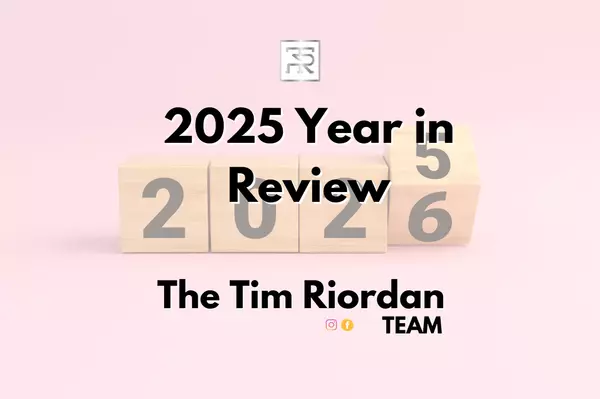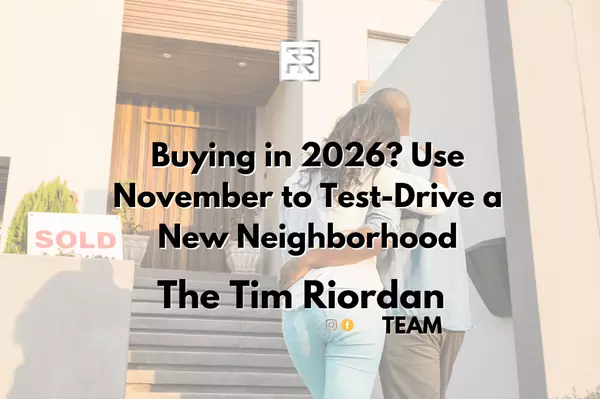Innovative Financing Options for Affordable Housing

The United States faces a pressing challenge: ensuring access to affordable housing for all its citizens. As housing costs continue to rise faster than wages in many areas, finding innovative financing options has become crucial to bridge this gap. Here are some USA-centric innovative financing solutions reshaping the landscape of affordable housing:
1. Low-Income Housing Tax Credits (LIHTC):
LIHTC incentivizes private investment in affordable housing by providing tax credits to developers. This program encourages the construction and rehabilitation of affordable rental housing for low-income households across the country.
2. HUD's Section 8 Housing Choice Voucher Program:
The Section 8 program assists low-income individuals and families by subsidizing rent in privately-owned homes. Recipients pay a percentage of their income towards rent, with the voucher covering the rest, making housing more affordable and accessible.
3. New Market Tax Credits (NMTC):
NMTC attracts private investment to communities with limited access to capital, facilitating the financing of projects, including affordable housing initiatives. It provides tax credits to investors financing businesses and real estate ventures in designated low-income areas.
4. Public-Private Partnerships (PPP):
Collaborations between federal, state, and local governments, alongside private entities, are essential for financing and developing affordable housing projects. PPPs leverage resources, expertise, and funding to create sustainable housing solutions.
5. Community Development Financial Institutions (CDFIs):
CDFIs provide financial services to underserved communities, including loans for affordable housing projects. These institutions focus on community impact and are crucial in financing projects that traditional banks might deem too risky.
6. Housing Trust Funds:
Many states and local governments have established Housing Trust Funds, which allocate funds specifically for affordable housing initiatives. These funds support various programs, including rental assistance, down payment assistance, and development subsidies.
7. Opportunity Zones:
Opportunity Zones, designated by the government to stimulate economic development, offer tax incentives for investments in distressed communities. Housing projects within these zones can attract investors seeking both financial returns and social impact.
8. Innovative Mortgage Programs:
Initiatives such as shared equity mortgages, where a housing provider retains partial ownership, or community land trusts, offering affordable homeownership by separating land and property ownership, are becoming popular alternatives.
Conclusion:
Innovative financing mechanisms play a pivotal role in ensuring access to affordable housing in the United States. By leveraging tax credits, public-private partnerships, community-driven initiatives, and targeted investments in distressed areas, the nation can make significant strides toward closing the housing affordability gap, ultimately fostering inclusive and thriving communities across the country.

Categories
Recent Posts










